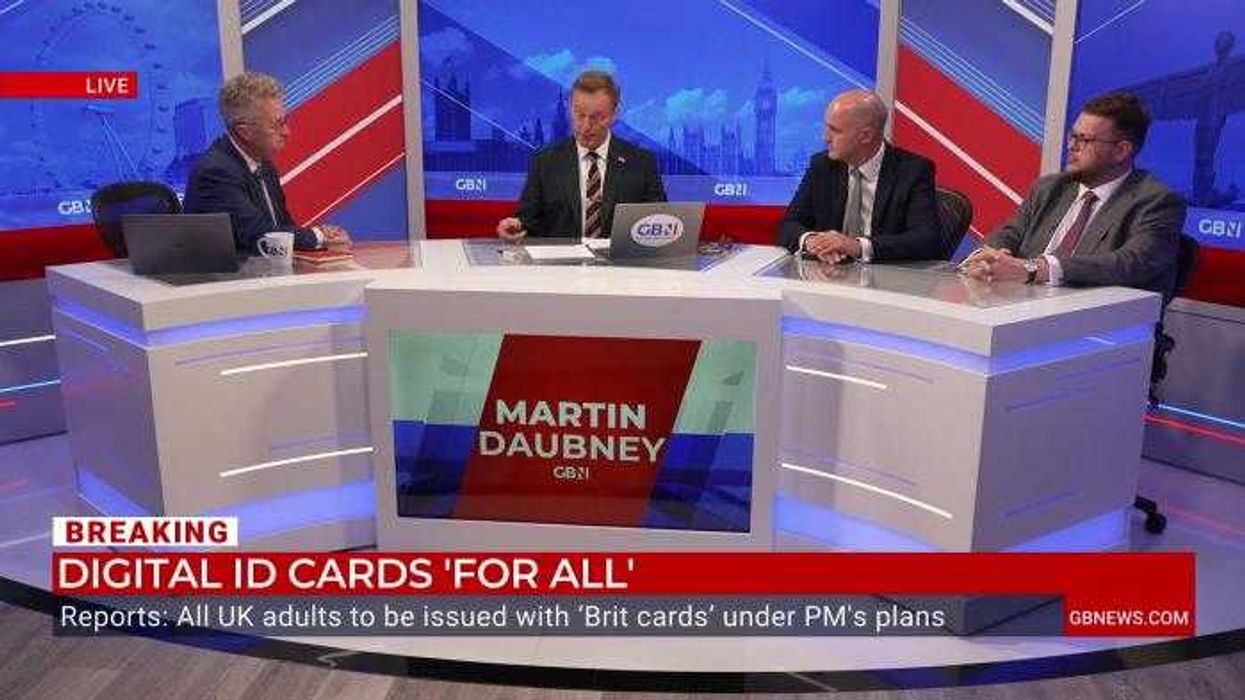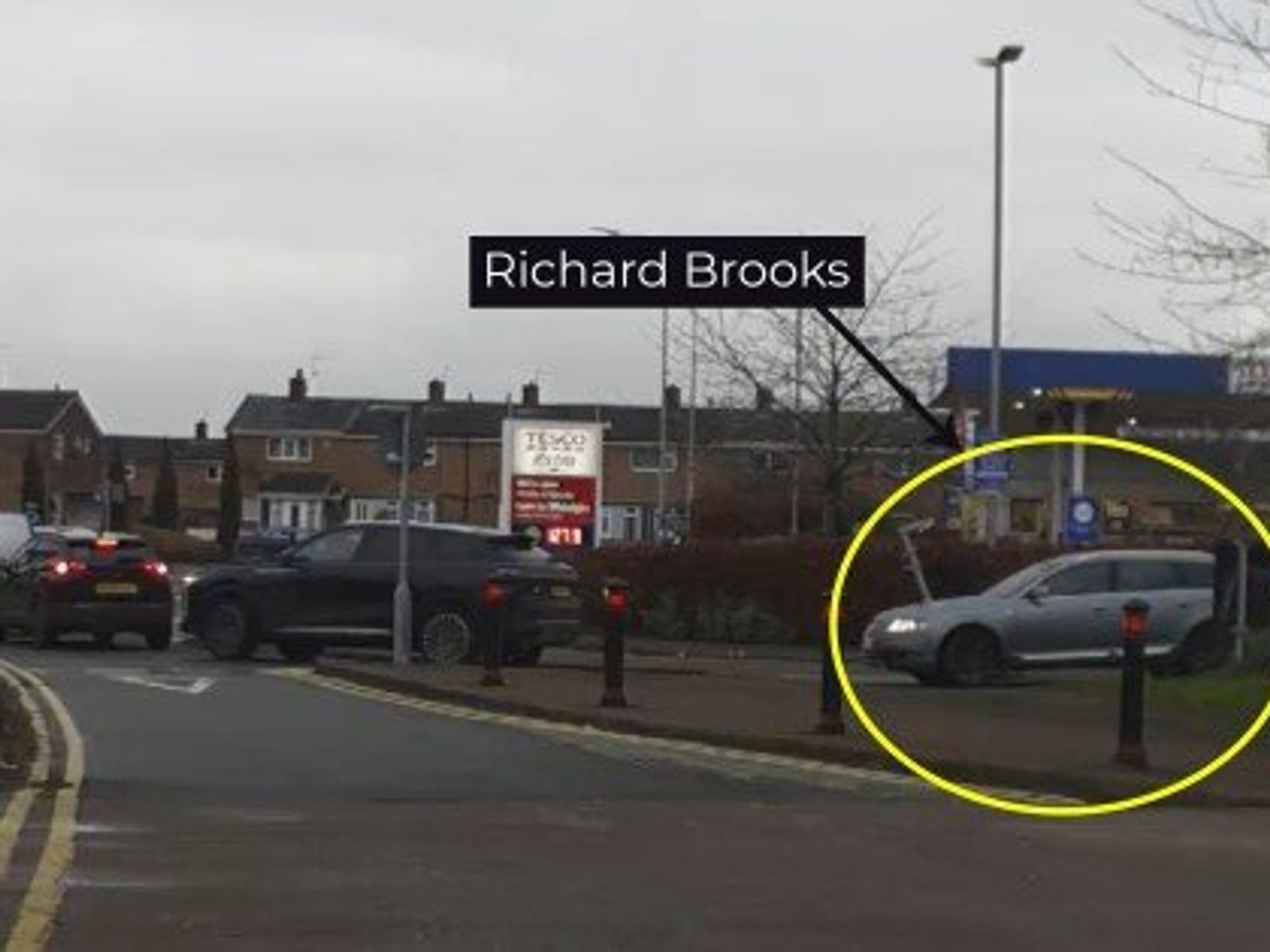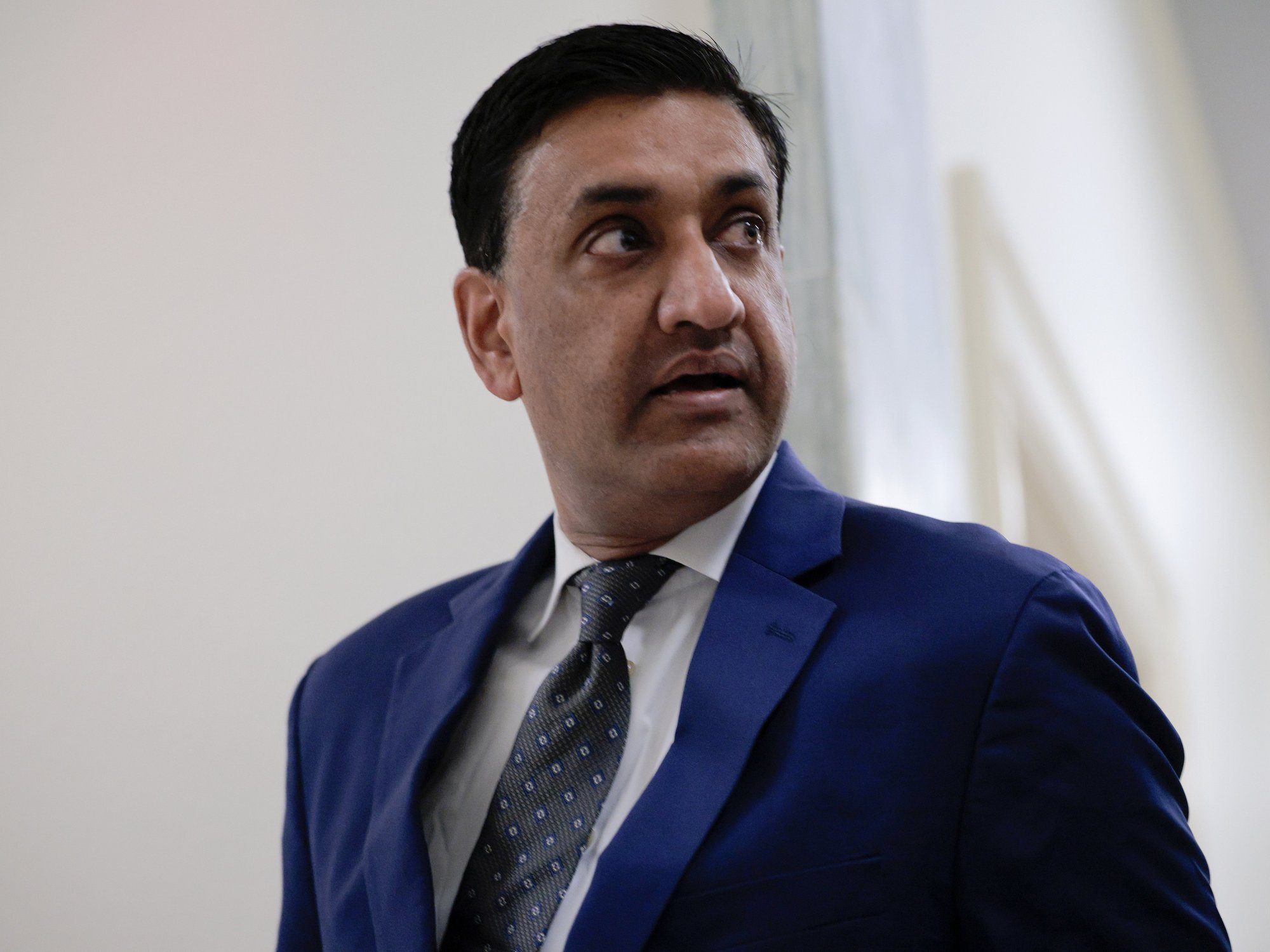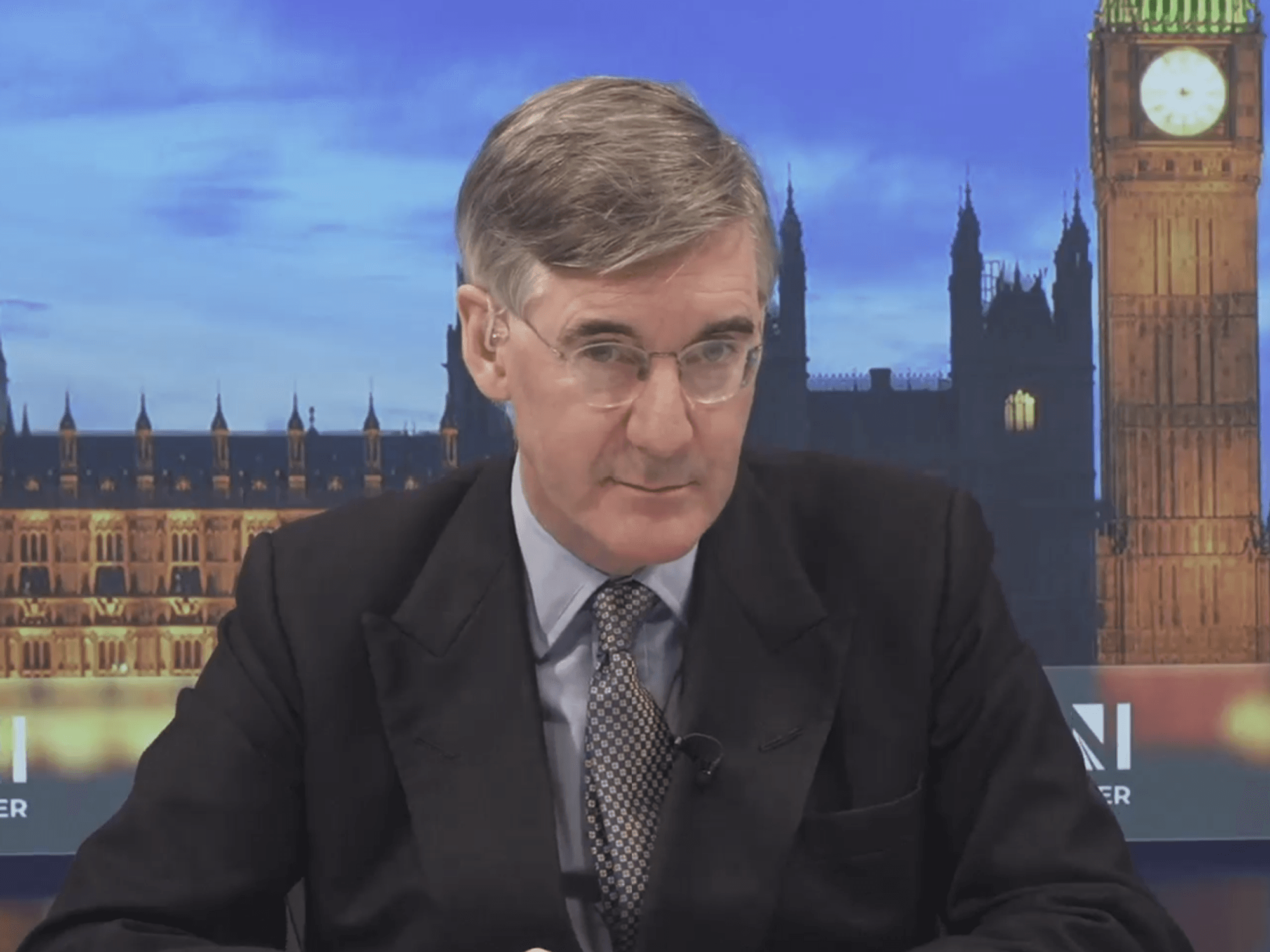Do NOT be fooled by the immigration ruse. Keir Starmer's digital ID card is a digital prison - Adam Brooks

Keir Starmer's call for digital ID cards sparks explosive row on GB News |
GB

Today, the announcement. Tomorrow, the lock clicks shut, writes publican, broadcaster and political commentator Adam Brooks
Don't Miss
Most Read
Trending on GB News
They want to put Britain into a phone.
Keir Starmer and his ministers are barrelling ahead with a universal, and a mandatory, digital ID system, neatly nicknamed the “BritCard”.
They’ll tell you it’s about stopping illegal work, and stopping illegal immigration; they’ll tell you it’s about cracking down on fraud. They’ll tell you it’s about making life “easier” for the honest majority. Don’t buy it.
This is not a technical tweak to the ID system. It’s not about efficiency; this is a control mechanism, baked into the state, waiting to be switched on.
Look at the selling points. A single, central way to prove who you are, tied into payroll, housing, transport, healthcare and public services.
Sounds tidy, doesn’t it?
Sounds efficient, sounds irresistible to the technocrats who think every complex problem can be solved with another database and another app.
But ask yourself this: what happens when the app decides you’ve crossed some invisible line?
What happens when the state, or someone with access to the state’s systems, decides you’re a nuisance, an “extremist”, or just inconvenient?
In China, that switch already exists. In Britain, it would be wrapped in a friendly user interface, branded as modernisation, and sold as ‘progress’. Don’t let the packaging fool you.
 Do NOT buy the immigration ruse. Keir Starmer's digital ID card is a digital prison - Adam Brooks |
Do NOT buy the immigration ruse. Keir Starmer's digital ID card is a digital prison - Adam Brooks | Getty Images
I’ve been fighting this agenda for years with The Together Declaration. The pattern is always the same: start with a problem that sounds scary, promise a simple technical fix, then normalise the tech until the controls are so baked in no one remembers life before.
We already have passports, we already have driving licences, we already have National Insurance numbers, and we already have systems to prove who we are.
We do not need a single, state-issued digital credential to prove our existence every time we apply for a job, rent a flat, use public transportation, see a doctor, or claim our pension. The only people who want this are those who crave the ease of surveillance.
Civil liberty groups like Big Brother Watch and Liberty see it coming, and they’re ringing the alarm. They know this is the slippery slope to something far darker.
And then comes the excuse: “But it will stop illegal migrants.” Utter nonsense. Paperwork checks don’t stop economic push-pull forces. Strict border controls do, and employer enforcement does. A strong, no-nonsense immigration policy does.
This will stop not one illegal immigrant.
A universal digital ID does nothing to stop illegal migration. All it does is build a tool that can be turned on the law-abiding public.
Once you are dependent on a system for access to transport, your bank account, or your benefits, dissent becomes a calculated risk.
Say the wrong thing and you’re on the wrong list. Fail to toe the line and you are effectively frozen out of society. That is not scaremongering. That is the logical end of this architecture.
And let’s be blunt about the politics. This is an authoritarian play dressed up in progressive clothes. Tony Blair’s obsession with ID cards was never about convenience - it was about control.
And now Starmer’s Labour, cheered on by civil service technocrats and industry lobbyists, is reviving it. They want a digital mousetrap for Britain, and once the infrastructure exists, it will expand.
There is no guarantee that the next government or one in the future won’t make the BritCard the key to every public and private service.
That is the danger.
This is a moment for resistance. We must treat the BritCard not as a minor policy change, but as a constitutional shift. We must insist on strict limits, independent oversight, ironclad privacy protections — and above all, voluntary choice.
Better yet, demand the improvement of existing ID systems - passports, driving licences, National Insurance, instead of replacing them with a single centralised digital key.
If you’re not worried, you don’t understand the stakes. This isn’t about data; this is about whether Britain remains a free society or becomes a country where participation in everyday life depends on a state-issued token.
Today, the announcement. Tomorrow, the lock clicks shut.
Say it loud, say it clear: NO to digital ID. Our Standards: The GB News Editorial Charter
More From GB News










